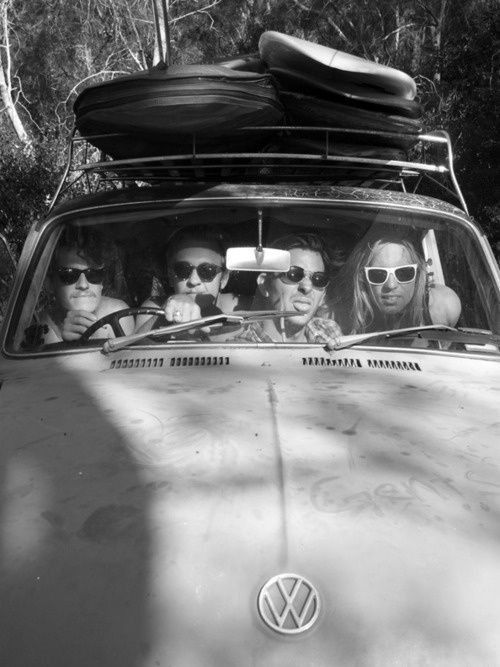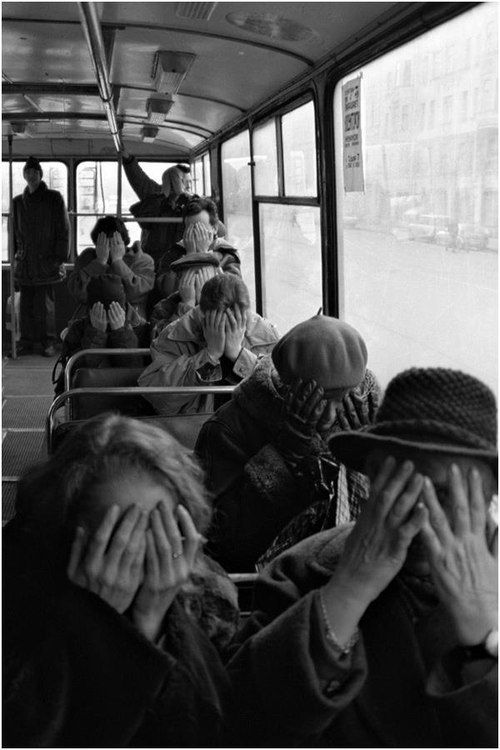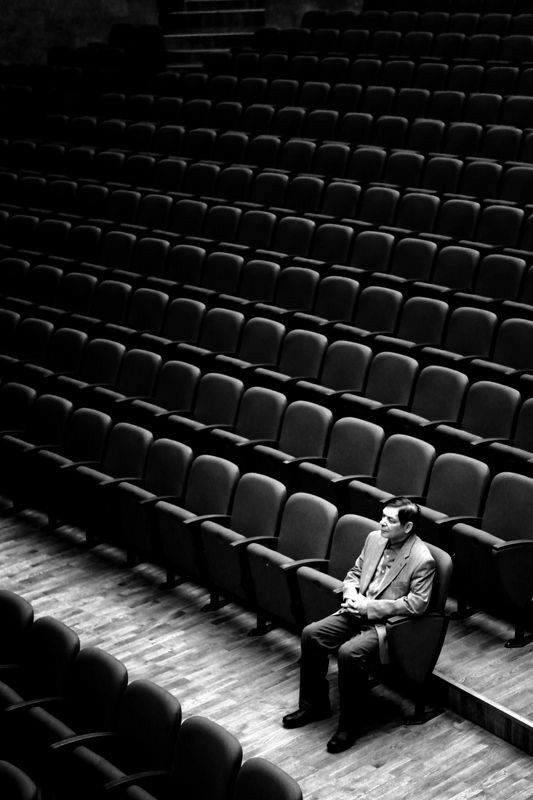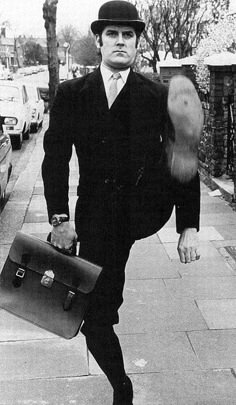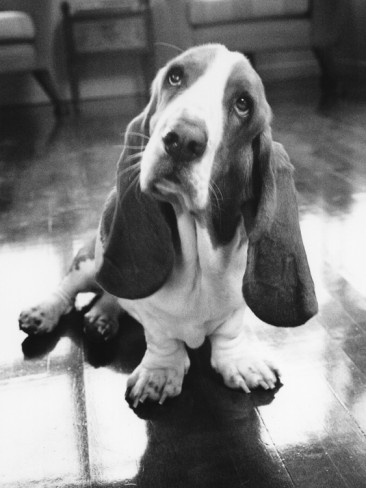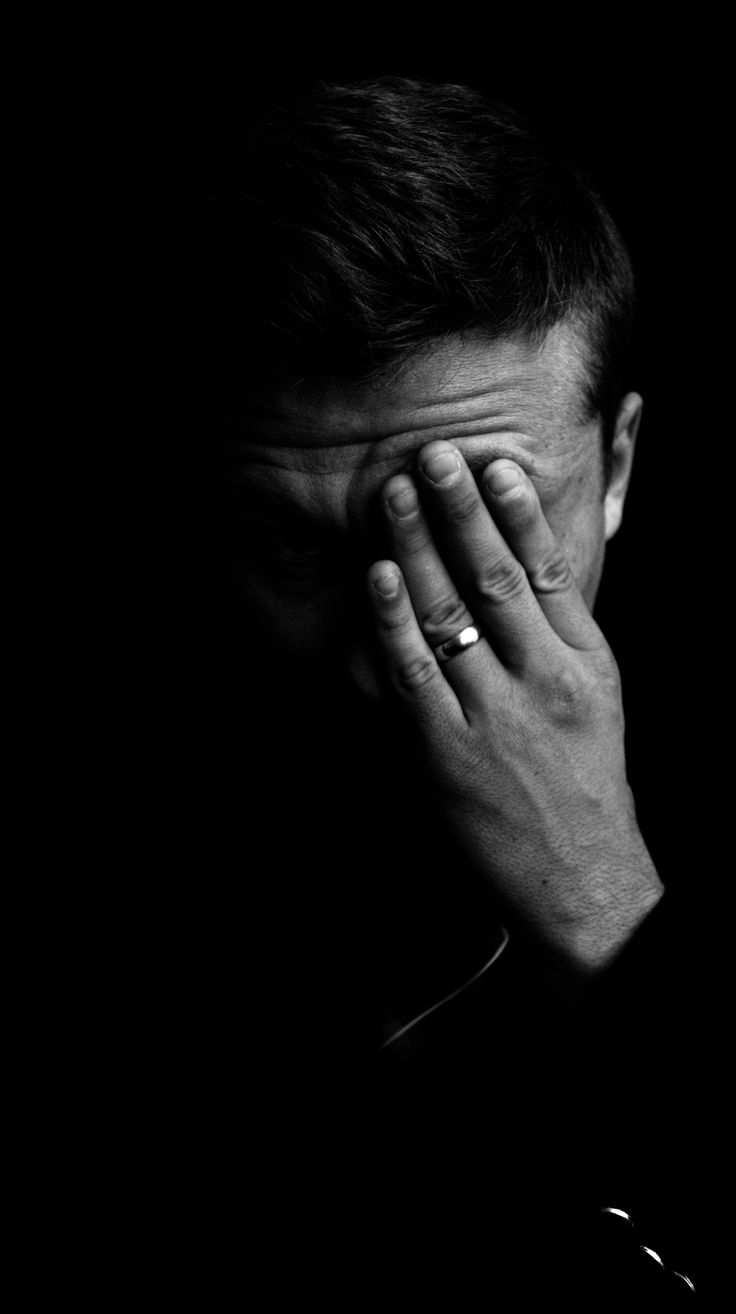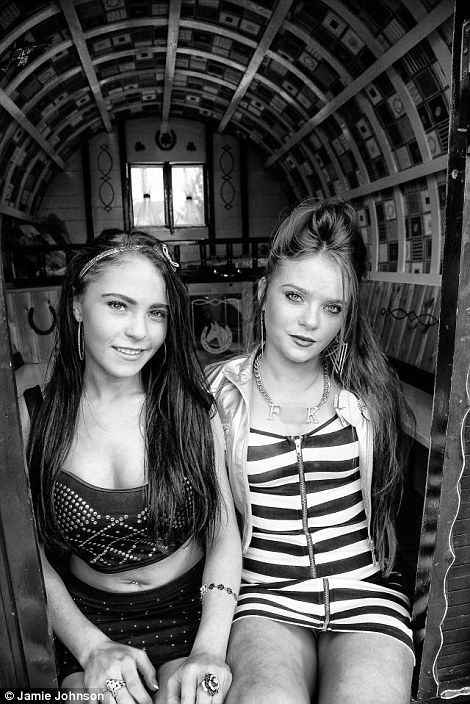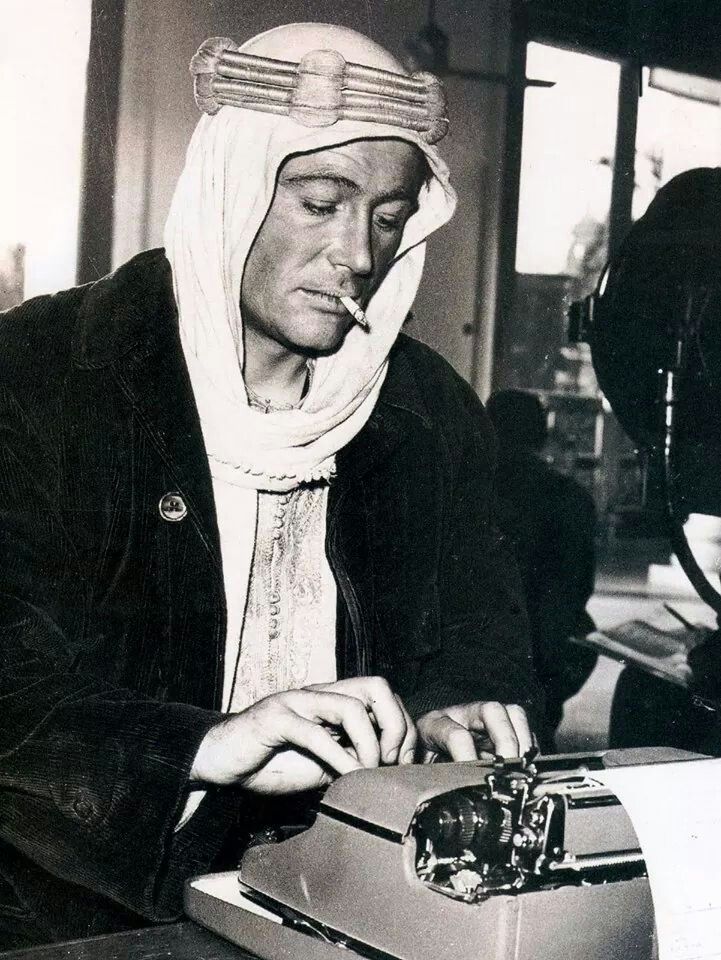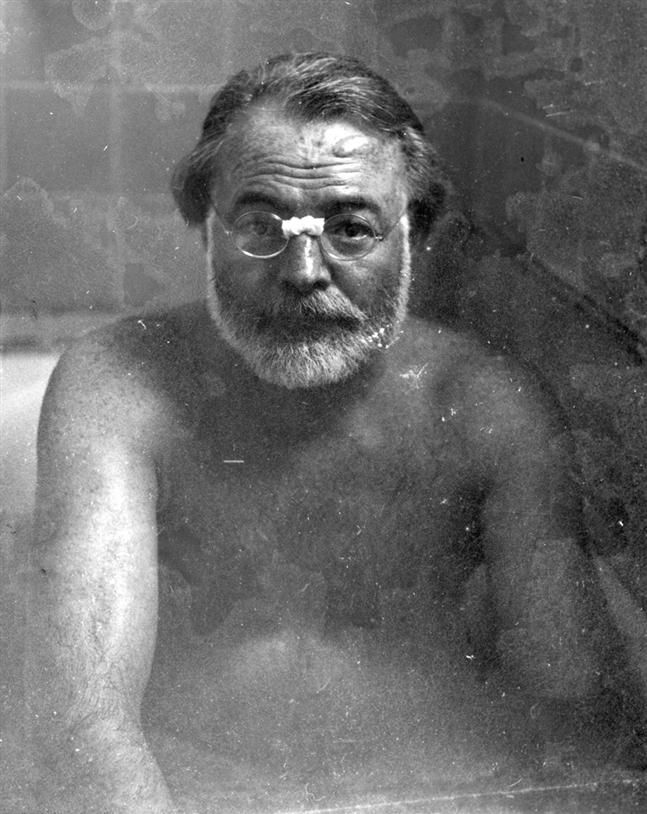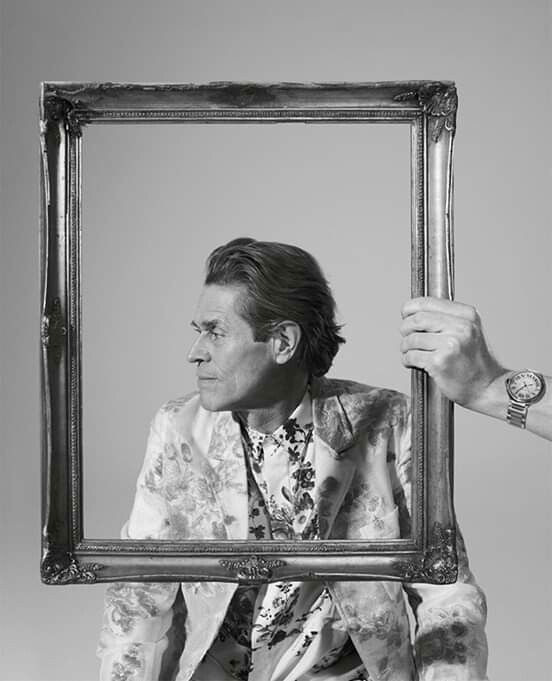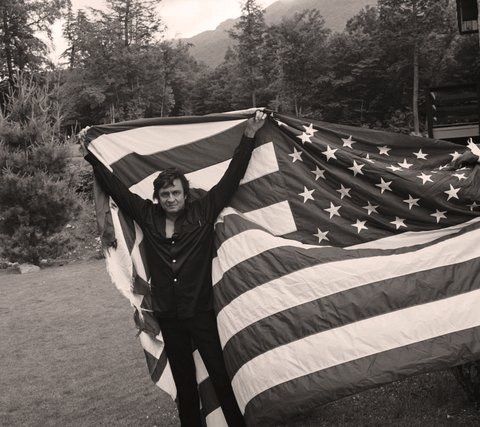You have to understand, it wasn’t a migration. It was a goddamn evacuation. A retreat. The out of a paradise that had started to smell like a corpse. They call it “white flight” now, a nice, clean, and completely dishonest little term they use to make it sound like a bunch of scared rabbits running from a shadow. It wasn’t a flight. It was a goddamn strategic withdrawal from a war we didn’t start, but we were sure as hell losing.
I was in my twenties, in the middle of that beautiful, ugly, and completely insane shithole of Southern California in the early nineties. And you could feel it in the air. A quiet, creeping rot. The experts, the guys in the clean suits with the soft hands, they have a name for it now. The “Tipping Point.” A polite, scientific-sounding term for a simple, ugly, and completely honest truth: when the neighborhood starts to smell different, when the music changes, when you stop seeing faces that look like yours, you pack your goddamn bags and you run.
It’s not about hate. It’s about survival. It’s the simple, animal instinct of a herd that knows the wolves are at the gate.
The instability wasn’t some abstract idea you read about in the newspaper. You could see it. You could smell it. You could hear it. The quiet hum of a working-class neighborhood was replaced by the constant, wailing song of the sirens and the deep, ugly bass from a car that cost more than the shithole it was parked in front of. You’d go to the grocery store, and the liquor would be locked up, the goddamn razors in a cage. You’d come home from a long day of breaking your back for a paycheck, and you’d find your garage cleaned out, your tools gone. You’d see a man slap a woman in the middle of the goddamn street in broad daylight, and everyone, every last, good, decent, and completely castrated sonofabitch, would just look away.
That’s the real tipping point. When the rules of the jungle replace the rules of civilization. When a man realizes that the quiet, unspoken contract he thought he had with the world—you work hard, you keep your nose clean, and you get to live in a safe, quiet place—has been rendered null and goddamn void.
So we ran.
You couldn’t find a goddamn U-Haul in the whole state of California. They were a more valuable commodity than cocaine. Every day, another caravan of them, loaded with cheap furniture and broken dreams, heading north on the 5, a long, slow funeral procession for the California dream. In one year, a quarter of a million people just… left. A quiet, desperate, and completely rational exodus.
And where did we run? To the quiet, green, and completely, unapologetically white corners of the country. Oregon, Idaho, Washington. We weren’t looking for better weather. We were looking for a goddamn mirror. We were looking for a place where you could go to the store and not feel like a tourist in your own country. A place where the culture wasn’t a constant, grinding war. A place where the default setting wasn’t rage.
They called it the “White Gold Rush.” A beautiful, ugly, and completely honest name for it. It wasn’t just a move. It was a goddamn crusade. An active project to build a fortress, a sanctuary, a quiet, clean, and completely segregated paradise where a man could raise his kids without having to explain why the liquor store has bars on the windows.
And people will tell you that’s a shameful thing. That it’s a racist thing.
What a load of horseshit.
As a husband, and as a future father, it would have been an act of professional goddamn malpractice for me to stay. You don’t raise a kid in a warzone if you have a choice. You don’t teach them that the sound of sirens is a lullaby, that the sight of a man beating a woman in the street is just a part of the local color. You don’t raise them in a place where the schools are a goddamn battleground and the parks are a marketplace for cheap poison.
To stay would have been an act of surrender. An act of quiet, respectable, and completely unforgivable child abuse.
I didn’t run because I hated anyone. I ran because I loved the children I hadn’t even had yet. I ran because it was my duty, my one, true, and holy obligation as a man, to build a safe, quiet, and beautiful house for them, even if I had to build it in the middle of a goddamn forest a thousand miles away.
That’s not racism.
That’s just being a good goddamn father. And in a world that’s forgotten what that even means, that might be the most radical, rebellious, and beautiful goddamn thing a man can be.

